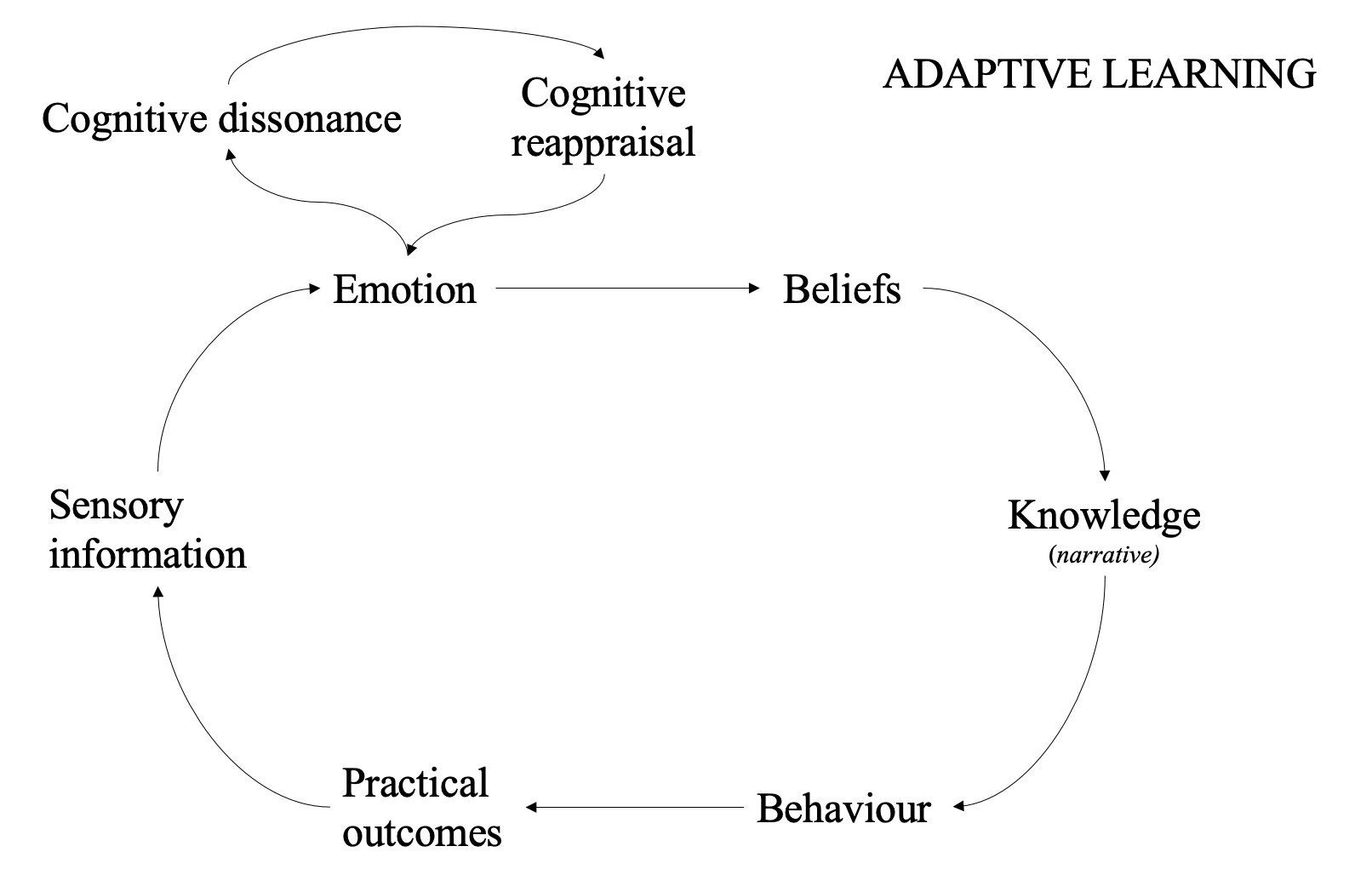Are You Allergic to Your Emotions?
Several years ago, before I was working in the health space, I noticed something interesting. My best friend would get terrible migraines as a result of the stress she experienced at work. Sometimes, to the point where she was completely debilitated and would have to simply lie on the floor when she got home in a pitch black room.
You might not think of a headache as an allergic reaction, but some of the underpinning mechanisms can be the same. I already knew at this point that stress and trauma could impact the immune system, but I never even thought to connect our emotional states with conditions like allergies, asthma, or even migraines before.
I know better now. Everything that happens in our body is connected to everything else. And our nervous, endocrine, and immune systems are no exception.
Three Simple Tricks to Manage ADHD Symptoms Based on the Root Cause
Attention Deficit Hyperactivity Disorder (ADHD) is a complex condition, and its symptoms—such as inattention, hyperactivity, and impulsivity—can vary depending on the individual. One of the key factors in managing ADHD is identifying the underlying cause of the symptoms. While many people think of ADHD purely as a dopamine deficiency, the truth is that the causes can be more nuanced, including issues with dopamine regulation or even past trauma. I covered these in an article a few weeks ago, which you can find here. Understanding these root causes can empower you to manage your symptoms more effectively (if indeed you want to manage them at all!).
In this post, we’ll explore three simple tricks for managing ADHD symptoms, tailored to different underlying causes: excess dopamine, insufficient dopamine, and dopamine system dysregulation. Plus, we'll touch on how past trauma can contribute and how to address that.
What Actually Causes ADHD?
Attention Deficit Hyperactivity Disorder (ADHD) is widely misunderstood. Its name implies that it’s a disorder when, in fact, it’s more accurate to understand it as a neurodevelopmental condition. It’s a natural variation in brain wiring that affects attention, self-regulation, and executive function. Recognising it as part of neurodiversity helps reduce stigma and shift the focus from deficits to differences. We don’t all think in the same way, nor should we.
While ADHD has traditionally been linked to dopamine dysregulation, the idea of a simple "dopamine deficit" is, quite frankly, overly reductive. The current research highlights a complex interplay of genetics, neurobiology, and environmental factors that contribute to ADHD characteristics.
How Nervous System Function Impacts Detoxification and Chronic Health
Your body has several detoxification systems working tirelessly behind the scenes to keep you healthy: the liver, kidneys, gut, and skin. These systems filter out toxins, process waste, and help your body maintain balance. But what many don’t realise is that the nervous system—and particularly stress—has a major impact on how efficiently these systems function.
When stress hits, it triggers a cascade of reactions in the nervous system that can interfere with your body’s detox processes. This can lead to a build-up of toxins and waste that your body struggles to clear, setting the stage for chronic health issues.
Why Antidepressants Don’t Always Make You Feel Better
Depression is more than sadness—it's a systemic condition affecting mind and body. While the serotonin deficiency theory led to the widespread use of SSRIs like Prozac, research now suggests depression is far more complex. Only about 10% of SSRI efficacy is biological, with a significant placebo effect. Worse, long-term SSRI use may increase depression risk and double suicide rates.
Genetic studies have identified over 700 variants linked to depression, yet serotonin-related genes account for just a fraction. Key genes like BDNF (affecting brain plasticity) and COMT (impacting dopamine metabolism) play a greater role. Additionally, depression isn't solely a brain disorder—chronic stress, inflammation, and metabolic dysfunction all contribute.
Polyvagal Theory and heart rate variability research suggest depression may be a biological energy crisis, where prolonged stress leads to mitochondrial dysfunction. When the body remains in fight-or-flight mode too long, the inflammatory reflex disrupts cellular function, leading to depressive symptoms.
This shift in understanding calls for new treatment approaches. Rather than focusing only on serotonin, addressing inflammation, nervous system regulation, and mitochondrial health may provide more effective long-term solutions.
What’s the Link Between Mental Health and Autoimmune Disease?
Far from being mysterious, there is a very clear link between autoimmune disease and mental health: the autonomic nervous system. The state of your autonomic nervous system reflects both the state of your mental heath and how your immune system is functioning.







